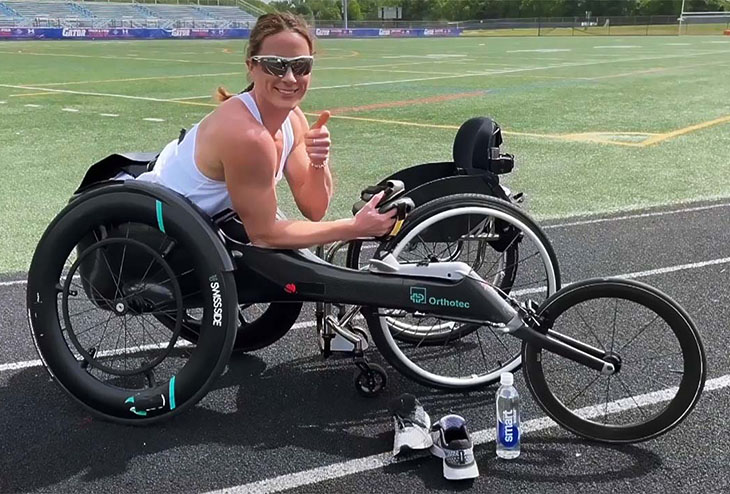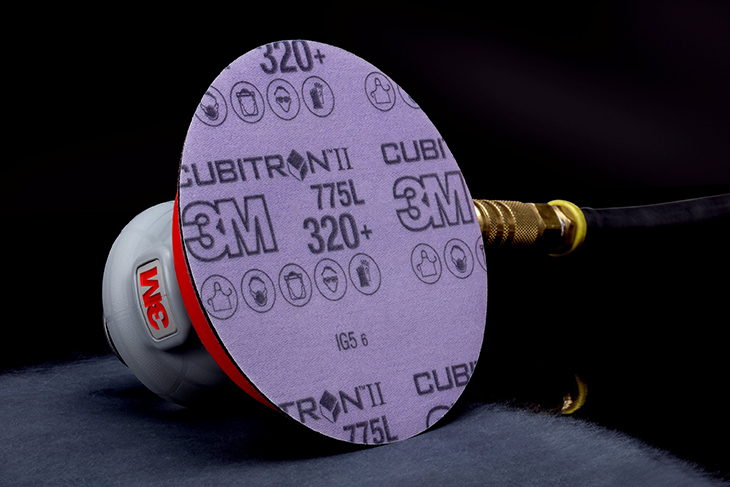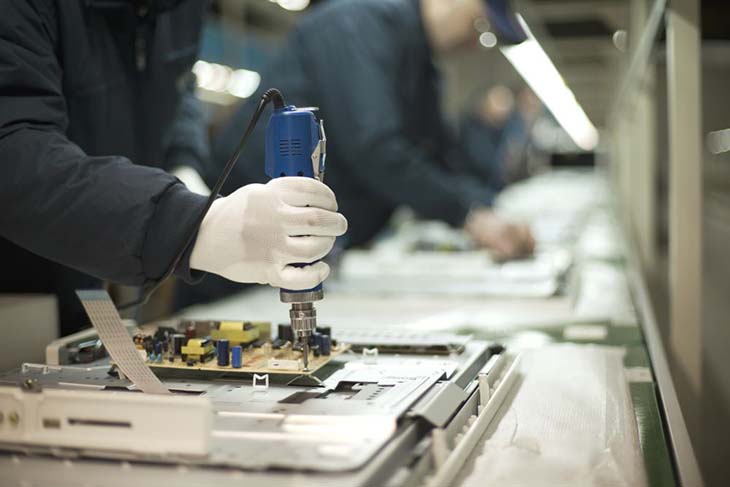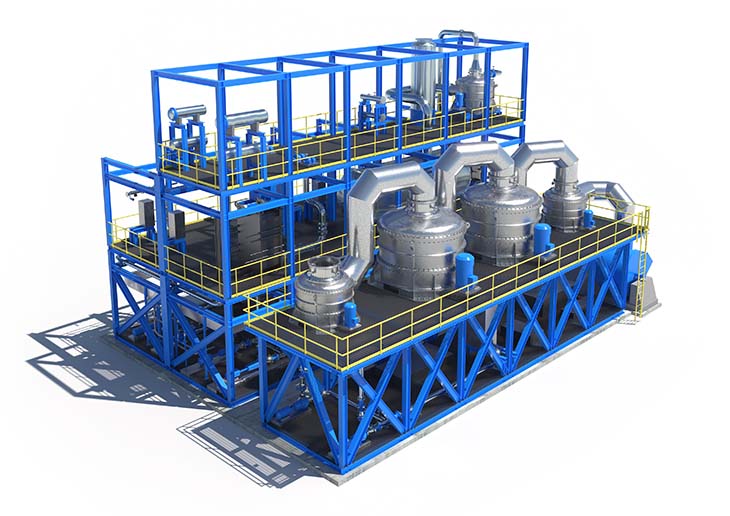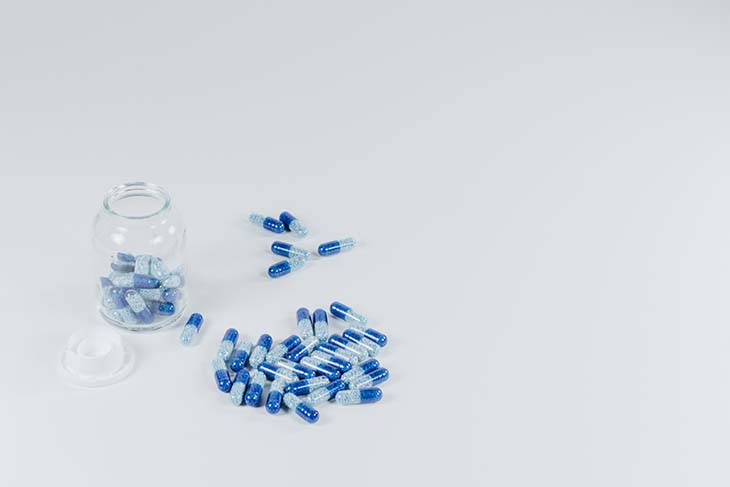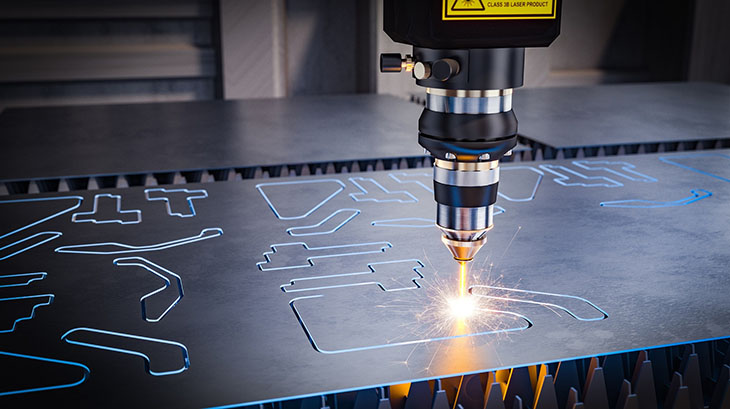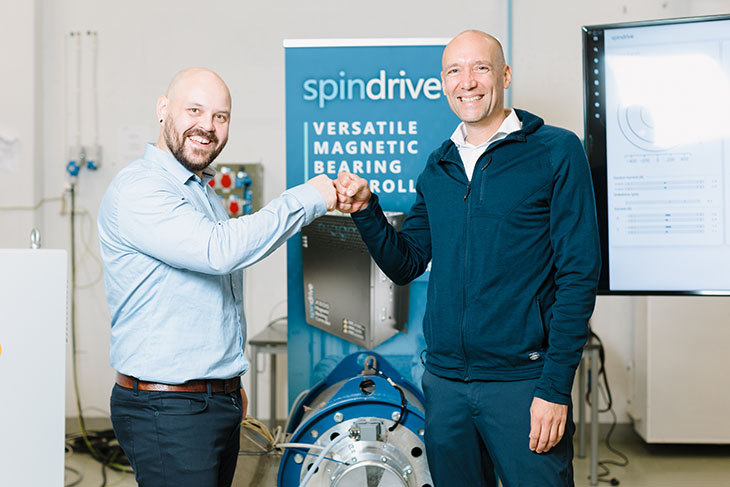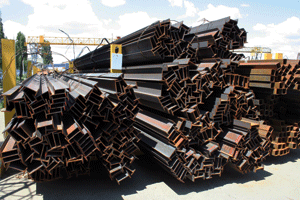CRP USA, a leading 3D printing service bureau, has partnered with eight-time Paralympics Gold Medallist Tatyana McFadden to create groundbreaking 3D printed wheelchair racing gloves using the Selective Laser Sintering process and Windform XT 2.0 composite material. This collaboration addresses significant manufacturing challenges and sets a new standard for elite athletic gear.
Wheelchair racing demands exceptional performance from athletes due to the high friction generated by constant hand-wheel contact. Traditional gloves often fail to meet the standards required by athletes like Tatyana McFadden, an 8-time Paralympics Gold medallist. Before adopting CRP USA’s solution, Tatyana used standard mould kits for her gloves, finding the quality inadequate. Conventional methods struggled to produce gloves that could withstand the intense stress of wheelchair racing while maintaining precision and comfort.
Tatyana recalls, “My first wheelchair racing gloves were called ‘harness gloves’. They were shaped like thumbs and made of heavy-duty fabric with rubber padding. Their softness made me feel the impact every time I hit the hand ring. By the 2008 Paralympic Games, my team and I began making hard gloves. We would take plastic beads, melt them in a pot of boiling water, and then mould the plastic to my hands. This process took days to perfect. Sometimes we would have to start over and throw the whole plastic glove back in the water. Once perfected, I did not let the gloves out of my sight because they would melt if left in the car or in the heat for too long. Over time, the plastic would wear down, so we made the gloves thick, but they were heavy.” Even these gloves were not up to Tatyana's needs for the highest sporting level.
In 2015, a significant change occurred when Tatyana had the opportunity to experiment with 3D-printed gloves. In 2016, Tatyana connected with CRP USA to continue developing 3D printing racing gloves, aiming for them to be "stronger and more durable” compared to what they were using in 2015. “After a friend of mine told me about CRP USA,” Tatyana adds, “I reached out to them and shared my story. I was so excited when I met everyone in person. They are an incredible partner and have really helped me so much. Not just in their innovation but the confidence they gave me since I do not have to worry about the performance of my racing gloves.” Tatyana explained that the CRP USA team helped bring her vision for the current gloves to life, making the vision a reality.
Strength and durability were undoubtedly important characteristics that Tatyana required from CRP USA to compete at her best, but they were not the only ones. Lightness, stiffness, resistance to wear and tear, and resistance to weather were other important features Tatyana wanted for her new gloves. “When I met with the CRP USA team,” she specifies, “we also talked about heat, rubber, weather effects, and straps for the gloves so they can stay in my hands better. When competing outside, we face various weather conditions, and I want to be ready for anything. My gloves have cracked in the past. My strokes produce a lot of force when I hit the hand ring, and my previous gloves lasted less than a year. I also wanted a better way to add rubber to the hand rings. The CRP USA team listened to my needs and managed to satisfy them in the best possible way.”
Before the construction of the parts, discussions with customers are essential to understand their needs in order to satisfy them as best as possible. After several meetings with Tatyana, the CRP USA team opted for Laser Sintering technology and Windform XT 2.0 as the manufacturing material. This solution was selected as the best one to address Tatyana's everyday challenges. In this specific case, the rubber used in the 3D printed gloves is a standard off-the-shelf item. The CRP USA team trims it to size and bonds it to the gloves using a structural adhesive. This operation demonstrates the high professionalism of the CRP USA team and the compatibility of Windform XT 2.0 with various components, ensuring seamless bonding without any issues.
Nathan “Nate” Baker, Senior Project Coordinator at CRP USA, explains, “Throughout her career, Tatyana found that the quality and detail of her gloves were just not up to the high standard she needed. That's when the Windform range of composites for 3D printing, created by our Italian partner CRP Technology, came into play. At CRP USA, we have tried several different Windform materials for her, with the gold standard becoming Windform XT 2.0.”
Windform XT 2.0 is known for its superior mechanical properties. These properties ensured the gloves could withstand the constant, high-friction environment of wheelchair racing without deterioration. This durability significantly extended the lifespan of the gloves compared to traditional materials. Additionally, the flexibility and shock-absorbing properties of Windform XT 2.0 ensured maximum comfort, allowing Tatyana to focus solely on her performance without discomfort or distraction. Here are some of the technical properties of Windform XT 2.0:
- Melting point: 179.3° C / 355° F
- Density (20° C/68° F): 1.097 g/cc
- Tensile strength: 83.84 MPa / 12,200 psi
- Tensile modulus: 8,928.20 MPa / 1,290 ksi
- Heat Deflection Temperature (HDT; 1.82 MPa): 173.4° C / 344° F
- Elongation at break: 3.80%
(Note: The first unit is in the SI system, and the second is in the US customary system; with a period as a decimal separator.)
CRP USA hollowed the parts out and inserted an internal structuring. This allowed a reduction in the weight of the gloves while maintaining strength, integrity, and improving durability. This was a significant contribution to Tatyana's agility and speed during races. The weight reduction was indeed substantial, with the resulting 3D printed gloves in Windform XT 2.0 weighing approximately 100 grams, a 50% reduction from traditional gloves. Once completed, the 3D printed wheelchair racing gloves in Windform XT 2.0 underwent testing for weight and durability, and the results were excellent. Tatyana was very satisfied with the outcome: “I remember using the gloves in Windform XT 2.0 for the very first time on the track and on the road," she says. "I was so impressed by how light and durable they were. My hands felt so light, it felt like I wasn't holding onto anything. When I first put my hands into the glove, it was so smooth. They had also built in two holes where I could strap on the gloves to my hands instead of using additional clips.”
CRP USA and Tatyana continue to collaborate to enhance the 3D printed wheelchair racing gloves, focusing on improving grip and comfort, especially when competing in the rain. This ongoing partnership ensures that Tatyana always has access to the latest advancements in additive manufacturing technology, allowing her to maintain her competitive edge. As Tatyana emphasizes, “CRP USA team keeps finding ways to make the gloves even better. Together, we continuously strive to improve my performance.”









